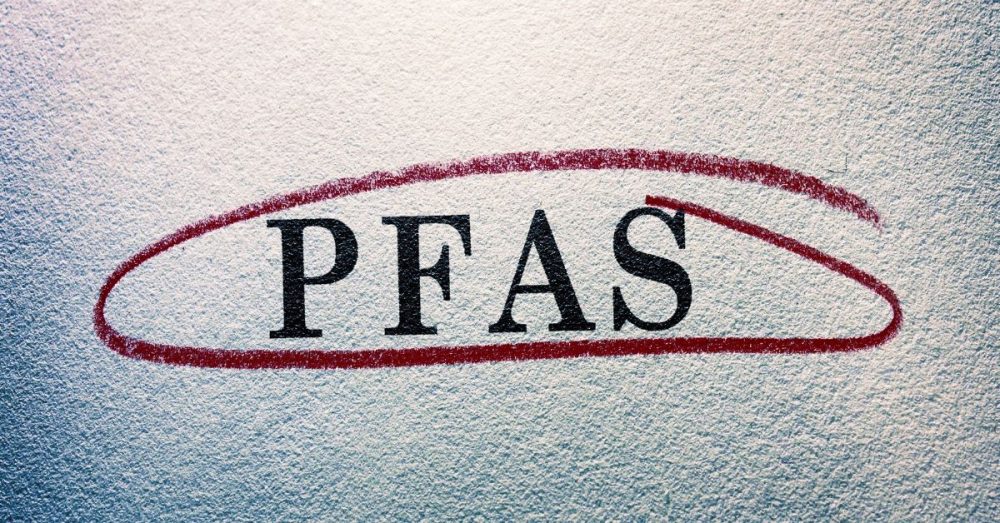A multi-million-dollar study into PFAS is being conducted at Texas State University.
“Firefighters are very important first responders because of [what they do] for us, [and] they have to suffer cancer and cancer-related hardship,” San Hwang, a lead researcher on the project, told The Dallas Express. “So my focus [in the study is] checking firefighters’ health through water quality monitoring.”
Firefighters are exposed to carcinogenic PFAS, also known as “forever chemicals,” from firefighting foams and other materials burning in the infernos, and a certain amount of these toxins accumulate on their protective gear, Hwang said. When they return from a call and wash their gear, Hwang’s team will be there to test their wash water and measure the exposure levels.
“From there, we try to make a link between the PFAS in their wash water and their health-related issues,” he added.
“This project targets central Texas,” Hwang went on to say. “We originally focused on Austin to San Antonio. We’ve had a very good response from San Marcos, Kyle, New Braunfels, and San Antonio.”
For months, this has required the South Korean scientist to dart around the outskirts of San Antonio, often late at night, to be in a firehouse when the tests need to be conducted.
This fall, the study will undergo a major change. Currently, water samples have to be sent to colleagues at off-site laboratories to run expensive tests for PFAS. Starting in October, Hwang revealed that Texas State will have its own machine that can “quickly” test for PFAS in “the water and even the blood.”
This will give his study and the university “the most advanced technology in … the nation.”
Then, the study will go national and include fire departments across the United States, Hwang declared.
His work was started with a $3.52 million grant of taxpayer money from the Department of Energy. Concern about the epidemic of cancers and early deaths among firefighters brought the professor, trained in environmental engineering, into the project.
“I just love them,” he told DX.
Hwang started researching PFAS contamination because of a side project to build a new fire station in Kyle.
“The fire station will be used as a test bed for water collections,” Hwang said, indicating that it will be equipped with “enhanced technology infrastructure” to detect PFAS and other contaminations in the water.
The whole academic community appears to have been brought into the developing study led by Hwang. Texas A&M is a subcontractor, numerous college students are being used for support, and a few young researchers will be granted a coveted fellowship. Atkins High School in Austin is even supplying some students to help learn about the scientific process and develop workforce experience, Hwang explained.
Although substantial data has already been collected, the study is not yet ready for publication or peer review.
“We have not analyzed [the water samples] yet,” Hwang said, referencing the need to collect more samples before his team can draw conclusions about the prevalence of PFAS in firehouse wash water and of cancer among firefighters.
However, his conclusions are highly anticipated and come at a time of great danger for the firefighting community.
“Firefighters have a 14% higher chance of dying from cancer, and it is not just the United States, it is a worldwide issue,” Hwang said.
More than two in three firefighters are diagnosed with cancer during their lifetimes, according to data from the International Association of Fire Fighters. The risk of certain types of cancer, such as esophageal, testicular, or prostate cancer, is also considerably higher than in the general population.
Several activists have drawn attention to the PFAS issue among firefighters. Diane Cotter, the wife of a firefighter, took on unions and gear manufacturers to act on the presence of forever chemicals after watching her husband fight an aggressive form of prostate cancer, as covered by The Dallas Express.
Her work has resulted in numerous studies affirming the presence of PFAS in protective gear. It continues today, as demonstrated by her recent calling out of President Joe Biden and Vice President Kamala Harris.


